ICRC and GSF Unite to Strengthen Surgical Training in War Zones
The International Committee of the Red Cross (ICRC) and the Global Surgery Foundation (GSF) have joined forces to expand access to war-surgery training through SURGhub, making the ICRC’s leading educational materials instantly accessible to tens of thousands of surgical healthcare workers across more than 200 countries and territories.
Geneva, 20 October 2025 — The International Committee of the Red Cross (ICRC) and the Global Surgery Foundation (GSF) have entered into a new partnership to make critical war-surgery training materials globally accessible through SURGhub, the United Nations Global Surgery Learning Hub.
Three of the ICRC’s flagship training resources — Nursing Care in War, Anaesthesia in War, and Fundamentals of War Surgery — will be made available on SURGhub, enabling multidisciplinary surgical teams to respond together to the daily realities encountered in conflict and emergency surgical settings.
“This partnership brings the ICRC’s unparalleled expertise to SURGhub’s global community of tens of thousands of surgical healthcare workers,” said Dr Geoffrey Ibbotson, Executive Director of the Global Surgery Foundation. “Through SURGhub, these resources will support clinicians working in the most challenging conditions – where safe surgery is often the difference between life and death.”
Explore ICRC’s courses
-
Audience: Early-career surgeons in any specialty who may be confronted with weapon-wounded patients in a conflict scenario, as well as more experienced surgeons with limited or no prior experience in managing such cases.
Overview: This course provides essential knowledge and practical guidance for the surgical management of injuries caused by weapons, preparing clinicians to deliver safe and effective care in conflict and low-resource environments.Duration: 20 hours
Format: Free, self-paced
-
Audience: Anaesthetists and anaesthesiologists with no previous experience of war surgery who wish to build foundational knowledge and skills for working in conflict or resource-limited settings.
Overview: The course covers core principles of anaesthesia in conflict zones, including safe airway management, anaesthetic choices, and patient monitoring in austere conditions. It is particularly useful for clinicians preparing for a first deployment with the ICRC or other humanitarian organisations.
Duration: 18 hours
Format: Free, self-paced
-
Audience: Early-career nurses in any specialty — as well as more experienced nurses with little or no exposure to managing weapon-wounded patients — who may encounter conflict-related surgical cases.
Overview: This course equips nurses with the essential skills and clinical reasoning needed to provide safe, compassionate, and coordinated care for weapon-wounded patients, working as part of a multidisciplinary surgical team.
Duration: 16 hours
Format: Free, self-paced
Advancing the Practice of War Surgery
The ICRC has been at the forefront of caring for patients injured in conflict for more than 160 years.
Over that time, the context of warfare and the epidemiology of injuries have evolved, requiring a continuous adaptation of approaches and training. The ICRC’s philosophy now extends beyond life- and limb-saving emergency surgery toward a comprehensive, integrated, and patient-centred model of care grounded in five key pillars: resuscitation, repair, reconstruction, rehabilitation, and reintegration.
This evolution — from emergency intervention to holistic recovery — underscores the enduring humanitarian commitment at the heart of the ICRC’s work.
Expanding Access to Lifesaving Knowledge
Through the new partnership, ICRC’s renowned war-surgery training becomes instantly accessible to SURGhub’s established global network of users — reaching healthcare workers in over 200 countries and territories. With more than 26,000 healthcare workers already using the platform, including thousands working in conflict-affected regions, the addition of ICRC’s training courses ensures that critical, field-tested surgical knowledge can reach those who need it most — rapidly and at scale.
Building on this momentum, the Global Surgery Foundation has set an ambitious goal to reach 100,000 surgical healthcare workers by the end of 2026, amplifying the impact of training programmes like the ICRC’s and ensuring that essential surgical knowledge reaches those who need it most.
About SURGhub
SURGhub is an award-winning digital learning platform dedicated to strengthening surgical systems in low-resource and crisis settings. It connects a worldwide network of surgical teams with peer-reviewed, evidence-based training — from essential surgery to maternal health, nursing, anaesthesia, and trauma care.
All courses are easily accessible and tailored to low-resource settings, ensuring that surgical knowledge can reach every corner of the world.
Since its launch, SURGhub has grown into a collaborative hub for global surgical education, offering over 100 peer-reviewed courses provided by more than 25 content partners.
www.surghub.org
About the International Committee of the Red Cross (ICRC)
The International Committee of the Red Cross (ICRC) is an impartial, neutral and independent organization whose mandate under the Geneva Conventions is to provide humanitarian assistance to people affected by armed conflict and other violence and promote the laws that protect victims of war.
The ICRC’s Health Unit plays a crucial role in providing medical assistance in conflict zones and areas affected by violence. Our teams work to meet the health needs of people affected by conflict and other violence by providing quality health care that is people-centric and follows an integrated public health and continuum of care approach with the aim of preventing and alleviating suffering and protecting life and dignity.
www.icrc.org
Keep engaged with us!
Donate to support our projects
Sign up with your email in the footer to receive updates
Keep reading
Achieving 100,000: SURGhub Launches Ambassador Programme to Drive Record Expansion in Surgical Training Access. Read more


